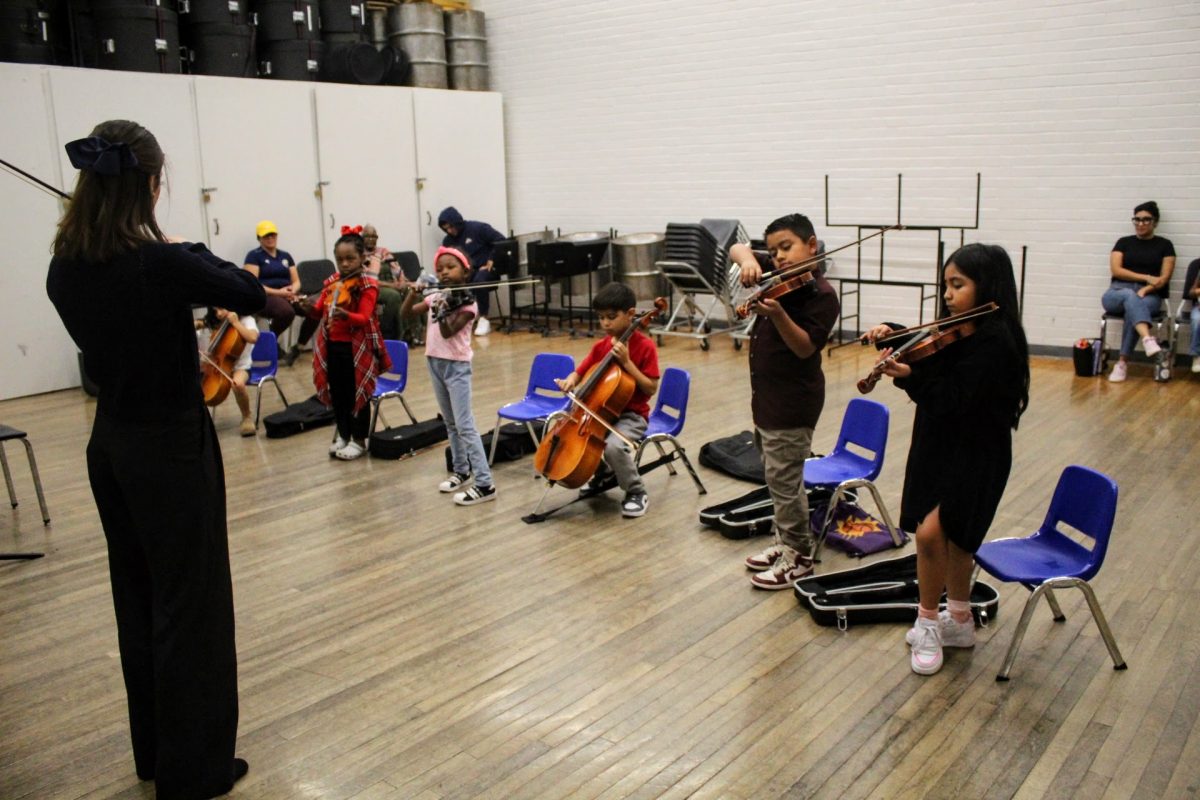Missing your loved ones is typically the hardest part about attending college or even being away from home. Many of us also feel like we want more out of our relationships to make starting in a new, unfamiliar state, or even country, more comfortable. On the contrary, leaving a partner behind and still being committed to them is generally incredibly difficult. Loneliness is a science, but it is one that can be conquered with simple steps.
To understand why you miss or want more from the people in your life, it is important to understand the different types of loneliness. According to Dr. Robert S. Weiss of the University of Cambridge, who did a joint research project about mental health with the U.S. government, there are three types of loneliness: intimate, relational and collective.
Intimate loneliness is the feeling that a person in your life, such as a significant other or parent, is not living up to your expectations of emotional support. This is why it’s important to gauge whether a partner who perhaps is not with you in college is still able to support you despite the distance between yourself and them.
Relational loneliness is similar to intimacy, but it is with friends instead of a partner or family member. Friends, especially in college, are extremely important as, besides company, they provide benefits such as improved self-confidence, a sense of belonging and even teaching you more about yourself and your interests. If you feel like your friend may not be helping you in ways such as these, you might be feeling relational loneliness.
The final type of loneliness is collective loneliness, which occurs when one does not feel as if they are in a group they belong in. For example, you might be in the robotics club but feel like everyone else does not pay attention to you or what you have to say. People naturally like being part of a group, so it’s completely normal to feel as if you’re not being heard.
So, how do you actually alleviate these feelings? Well, it’s important to have a mindset where you respect how you feel but are able to talk with others about it respectfully. For family and romantic relationships, these feelings should be communicated with the other person. Keira Douglas is a freshman at Pima Community College who is planning to attend the University of Arizona soon to finish her bachelor’s degree in nursing. She’s been in a long-distance relationship with her boyfriend for three years and had some words of advice when it came to having a partner.
“Definitely have good communication with your partner. It can be the make or break of the relationship. Talk about your wants and needs so that both of you can be on the same page. Keep making time for each other on FaceTime, so you know they love and care about you,” Douglas said. “As for family, just talk to them, make sure they know you’re there for them, and visit them when you’re on breaks as well.”
It’s also important to consider how each of your friends improves your life and makes you happier. If they don’t, however, it may be time to consider rethinking the friendship. Keelan Gardner is a freshman at UA who has made many new friends since starting college, but he’s also had to rethink some of his older friends.
“I feel that if your friends or club isn’t paying attention to you, even after you talk to them about it, it’s more likely they don’t care about you,” Gardner said. “Real friends or real clubs would interact with each other if they were real. It just means that they aren’t your real friends and that you shouldn’t look at them as such either.”
If you feel as if you need more advice regarding loneliness, feel free to make an appointment on the UA Counseling & Psych Services website or by calling 520-621-3334.
Follow the Daily Wildcat on Instagram and Twitter (X)









